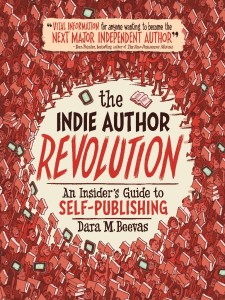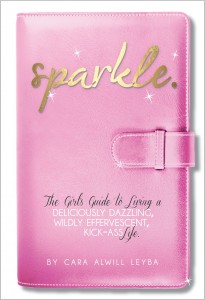The following is a guest post by Dara Beevas.
 I decided when I first began writing my book that the title would be From Passion to Print: An Insider’s View into Self-Publishing. I didn’t think it was too bad. I loved the word “passion” and I was bent on incorporating it.
I decided when I first began writing my book that the title would be From Passion to Print: An Insider’s View into Self-Publishing. I didn’t think it was too bad. I loved the word “passion” and I was bent on incorporating it.
Why? I can’t say exactly why, but I was fixated on the word. I couldn’t let it go.
However, very close to the finish line I had this gnawing feeling that my title was just okay. I heard my gut say I could do better. So I did what most nervous writers do: I asked the peanut gallery.
Everyone including Amy, my fellow Wise, Ink partner confirmed my fears. The verdict: My instincts were right. I needed a more exciting title.
They agreed that my chosen tile was perfectly fine and that I wasn’t doing my content an injustice. BUT…they agreed that a better title alternative lay waiting to be discovered.
So the journey began.
One day in my office with Amy and another colleague, we tossed ideas around for what seemed like hours. After title ideas like Publish for Profit (cheesy) and 101 Tips for the Indie Author (boring) didn’t make the cut, we went back to the drawing board.Continue Reading
 Do not think of your eBook as a paperback!
Do not think of your eBook as a paperback! 
 The odds of winning $10,000 in the
The odds of winning $10,000 in the  For most of us, writing and self-publishing are not our first steps into the professional world.
For most of us, writing and self-publishing are not our first steps into the professional world. We're
We're 








